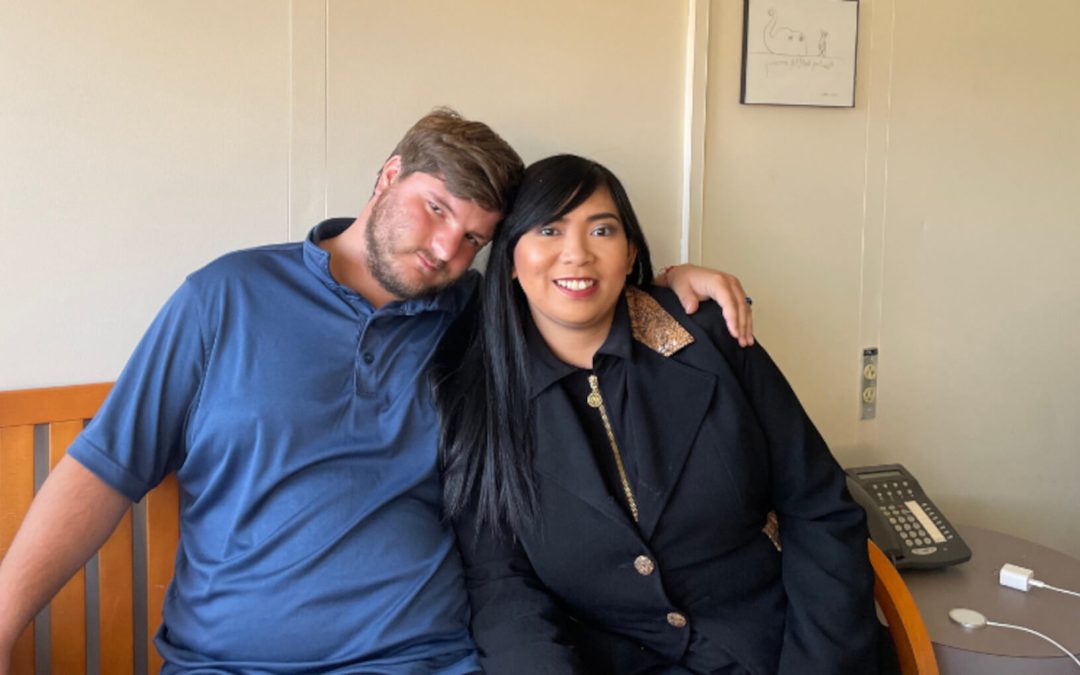This second installment of the “Autism and Independence” series with Josh Miller and Clay Seim covers:
- Loneliness
- What it’s like to have few “IRL” friends (In Real Life)
- Isolation in the context of COVID
- Financial pressures
- Why having roommates can be stressful, for example sensory issues and figuring out social cues from other people.
- This video was edited by Josh from start to finish!



0 Comments